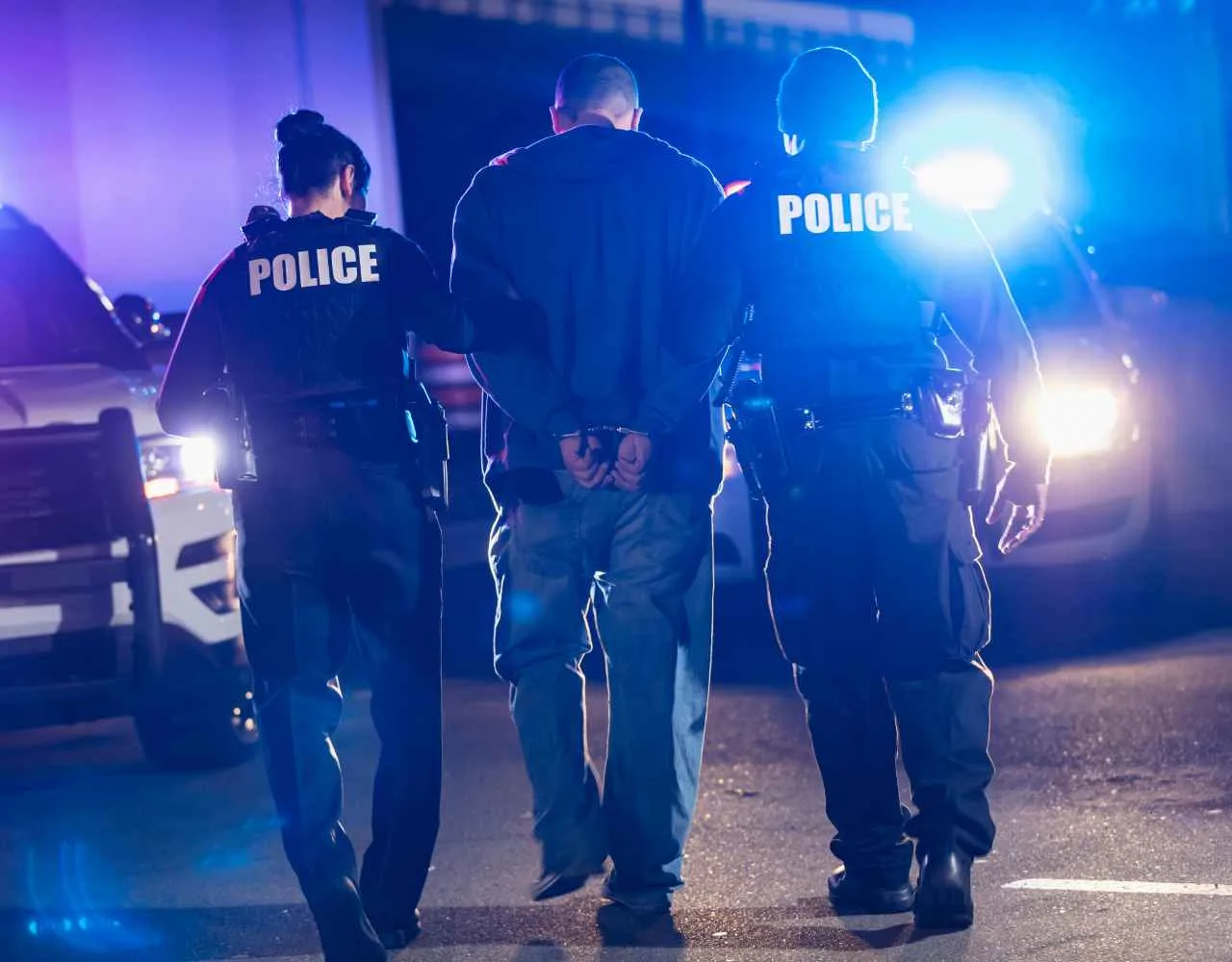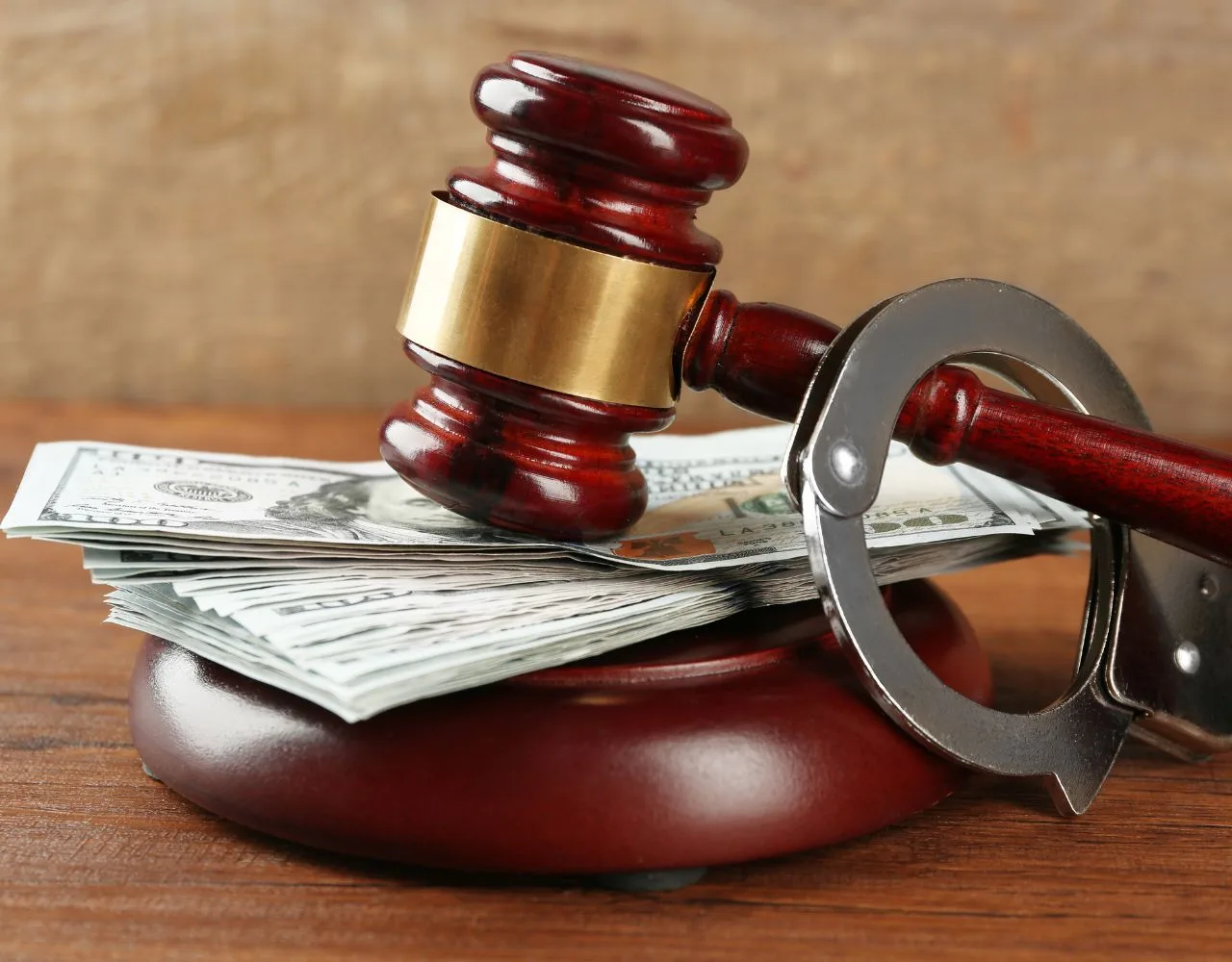In South Carolina, the legality of recording the police varies depending on the circumstances and the methods used. Generally, individuals have the right to record law enforcement officers in public spaces where there is no expectation of privacy. However, there are important considerations to keep in mind to ensure compliance with state laws and regulations.
South Carolina is a one-party consent state, meaning that as long as one party to a conversation or communication consents to the recording, it is generally permissible. Therefore, individuals can typically record interactions with the police without their consent, provided they are actively participating in the conversation or encounter.
If you find yourself in a situation where you believe recording the police is necessary for your safety or legal protection, it’s crucial to understand your rights and obligations under South Carolina law. Consulting with a knowledgeable Greenville defense attorney experienced in these matters can provide valuable guidance and support. Our law firm is here to help you navigate the complexities of recording the police and protect your rights effectively if facing charges. Contact us today at (864) 618-2323 for personalized legal assistance and advocacy.
When Can You Film Police?
In the state of South Carolina, filming the police is allowed as long as two conditions are met: the police officers have to be on duty in public spaces and you cannot interfere with the law enforcement officer’s activities.
What this means in practice is that bystanders can record law enforcement while they are engaging with a member of the public. As long as they stay a safe distance from law enforcement officials so they don’t interfere with their work, there is no problem.
What is The One-Party Consent Rule?
If you are going to be recording law enforcement agencies in South Carolina, there is another law that you need to be aware of. One-party consent states that you are allowed to record a conversation or interaction between two or more people as long as you have one person’s consent.
If you are pulled over at a traffic stop and you are the one that is directly interacting with the police department you would not need to ask for consent. This is because you, as an active participant in the interaction, are technically giving consent by starting to record.
However, if you are a bystander, you will need to ask for consent when you start recording police activity. The best way to do this in a one-party consent state is to, while avoiding interference with law enforcement, say out loud that you are recording.

You will want to make sure that you say this loudly enough for both the person being arrested and the law enforcement entity to hear. As long as both or all people in the interaction do not ask you to stop, you are allowed to keep recording.
If South Carolina was an all-party consent state then you would need to ask permission from the law enforcement officer and civilians. This makes it very difficult to take secret recordings of law enforcement activities without facing criminal penalties for violating privacy rights.
When Is It Illegal to Record the Police?
Although generally speaking it is legal to record the police while they are performing their law enforcement duties, there are certain situations in which taking videos of police interactions could get you into trouble.
The first situation is if you are too close to the law enforcement officer while you are recording them. This could be considered interfering with their work, which can lead to you being cited for interfering with the police. One thing to keep in mind about this is that it is technically open to interpretation so it is recommended to err on the side of caution when you are deciding just how close to get.
Learn More: What is Probable Cause?
The other situation in which you could get into trouble is if you are recording the police officers in a private space or when they are off-duty. Although they are employees of the state and their actions are on public record, there is still a reasonable expectation of privacy rights that needs to be considered when you are recording someone. When they are off-duty, they are considered private citizens and need to be respected as such.
For example, if you are in the middle of being arrested by law enforcement agencies for disorderly conduct, that is probably not the best time to start recording. This could be considered interference with law enforcement since it can prevent them from processing the arrest efficiently.
Can You Record the Police When They’re Detaining or Arresting You?
This is a difficult question because the answer is that it depends on the situation. The same rule that applies to bystanders applies to people who are actively interacting the the officers. However, since you are directly interacting with the officer, the amount that you can do without interfering with their work will be more limited since interference could lead to additional resisting arrest charges.
In many cases, it can be a better idea to make audio recordings instead of taking a video. That way your hands are free and you are able to comply with what the officer needs you to do while holding them accountable for any potential misconduct with documentary evidence.
What Happens If the Police Tell You to Stop Recording or Retaliate Against You?
Assuming that you are following the previously mentioned conditions, if the police tell you to stop recording and you choose to continue, you are risking a possible arrest. However, this does not make the arrest lawful or mean that you will receive any criminal charges for ignoring their commands to stop recording.

If they do arrest you without valid reason but you do not receive any charges, you will want to contact a civil defense attorney in South Carolina. They will be able to file a case arguing that your constitutional rights were violated and that you did not violate any privacy rights.
Will I Be Arrested if I Record the Police in SC?
As long as you are not interfering with law enforcement activities, recording a private conversation, or violating their rights as regular citizens, you will not be arrested for recording the police in South Carolina.
However, if you are doing any of those things, especially if you are recording the officers in a private setting, then you can definitely be arrested. Technically, there is no law specifically against recording a law enforcement entity. However, certain privacy or interference laws can be triggered depending on the situation, allowing for your arrest.
If you have not received any legal penalties, but you feel that your rights have been violated, you may be able to file a civil rights lawsuit and take civil action against law enforcement officials for police misconduct.
When Can Police Search or Delete Your Footage?
The only circumstances in which a law enforcement officer can take your phone or recording device and check it is if they have a warrant that has been specifically written for that. If there is no warrant, then they technically do not have the right to take your phone away from you.
Related: Questions to Ask a Defense Attorney
Under no circumstances are the law enforcement officers allowed to delete a cellphone video or any of the content on your device.
When to Contact an Attorney
If you feel that your rights to record police activity have been violated or you are being charged for doing so, it is time to contact a criminal defense attorney for legal advice.
Criminal defense lawyers have an in-depth understanding of South Carolina law and the role that civil action plays in holding police officers accountable for questionable deaths and their behavior at the crime scene. If you are being wrongly charged for recording the police, do not let that have a permanent effect on your criminal record, and start building an aggressive defense today.
A criminal defense attorney will be able to work with you to use documentary evidence, like the crime scene tape, and other additional evidence in your favor to create a strong defense against accusations.
At Touma Law Group, we know how to use admissible evidence to support your case. Reach out to us today to schedule a free consultation to learn what your options are for pursuing justice.


